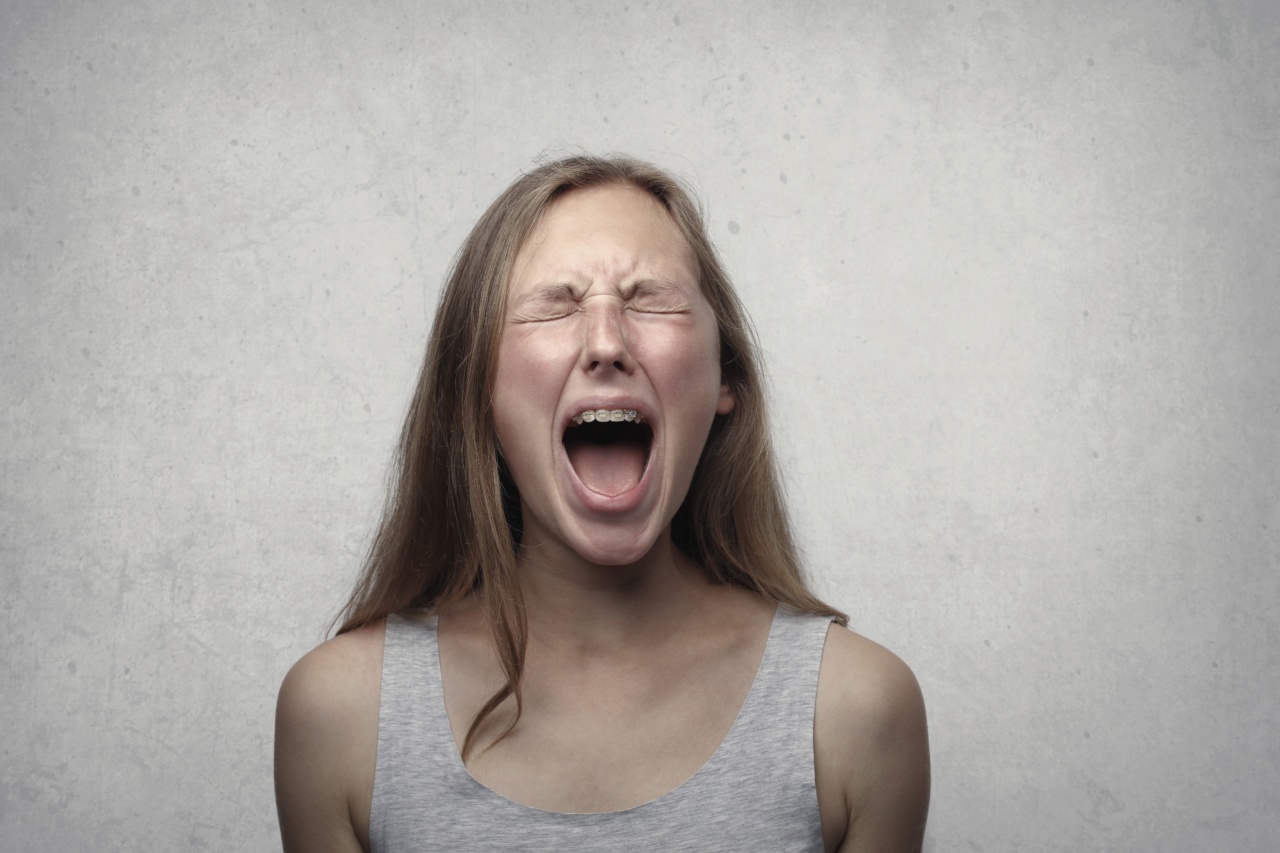Do you feel like the room is spinning around you? Do you feel lightheaded or unbalanced? If you do, you may be experiencing dizziness, a symptom that affects many people at some point in their lives.
Dizziness can be caused by a variety of factors, including certain medical conditions, medications, and lifestyle choices.
Understanding the underlying cause of your dizziness is important to determine the appropriate treatment and prevent future occurrences. Here are ten common causes of dizziness:.
1. Inner Ear Disorders
The inner ear is responsible for controlling your body’s sense of balance. When this delicate system becomes disrupted, it can cause dizziness or vertigo. Inner ear disorders include:.
- Benign paroxysmal positional vertigo (BPPV) – This is the most common form of vertigo, affecting around 2.4% of adults. It is caused by small calcium crystals dislodging from their usual position and moving to another part of the inner ear. BPPV usually causes brief episodes of vertigo that last around 15-20 seconds.
- Ménière’s disease – This is a disorder that affects the inner ear and causes vertigo, tinnitus (ringing in the ears), and hearing loss. Symptoms tend to come and go, and can last for several hours.
- Vestibular neuritis – This is an inflammation of the vestibular nerve, which connects the inner ear to the brain. Symptoms include vertigo, dizziness, and problems with balance.
2. Low Blood Pressure
Low blood pressure or hypotension can cause dizziness, particularly when standing up quickly. Normally, blood pressure increases when standing to help pump blood to your brain.
If your body does not adjust quickly enough, it can cause a temporary drop in blood pressure and lead to dizziness.
3. Dehydration
When you are dehydrated, your blood volume decreases, and your body may not be able to supply enough blood to your brain. This can make you feel light-headed or dizzy. Other symptoms of dehydration include thirst, dry mouth, dark urine, and fatigue.
4. Medication Side Effects
Certain medications can cause dizziness as a side effect. These include medications for high blood pressure, anxiety, depression, and seizures, as well as some painkillers and sedatives.
5. Anxiety
Anxiety and panic attacks can cause dizziness or a feeling of being lightheaded. This is because anxiety can cause your body to release adrenaline, which can cause your heart rate to increase and your blood vessels to constrict.
This can lead to a drop in blood pressure and cause dizziness.
6. Anemia
Anemia is a condition in which your body does not have enough red blood cells or hemoglobin to carry oxygen to your tissues. This can cause lightheadedness and dizziness, particularly when standing up.
7. Hyperventilation Syndrome
Hyperventilation syndrome is a condition that occurs when you breathe too quickly or deeply. This can cause a decrease in carbon dioxide levels in the blood, which can cause dizziness or lightheadedness.
8. Migraines
Migraines are a type of headache that can cause dizziness, nausea, and sensitivity to light and sound. Migraine-associated vertigo (MAV) is a subtype of migraine that causes dizziness or vertigo.
9. Motion Sickness
Motion sickness occurs when your brain receives conflicting signals from your eyes and your inner ear. This can often occur when traveling by car, airplane, or boat. Symptoms include nausea, vomiting, and dizziness.
10. Neuropathy
Neuropathy is a condition that affects your peripheral nerves, which are responsible for sending messages to your brain from other parts of your body. When these nerves become damaged or dysfunctional, it can cause dizziness or vertigo.
If you are experiencing dizziness, it is important to consult with your healthcare provider to determine the cause. Depending on the underlying cause, treatment options may include medication, physical therapy, or lifestyle changes.





























